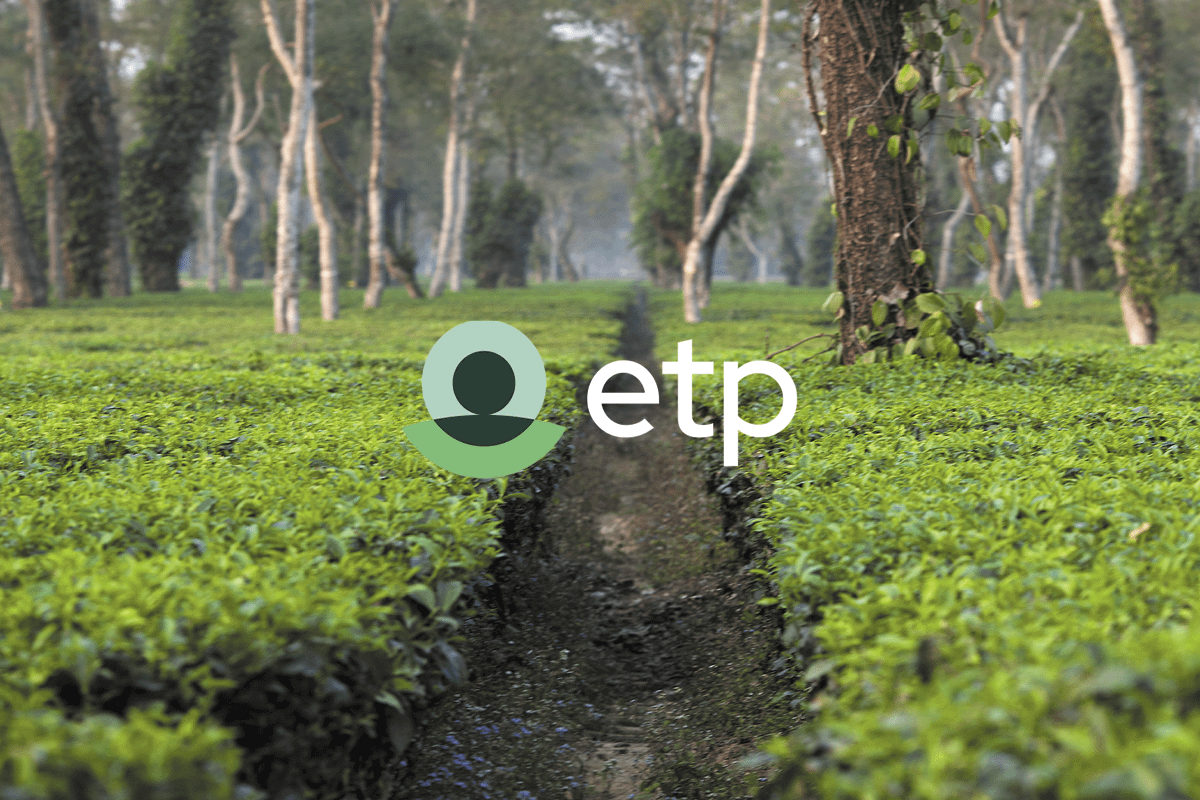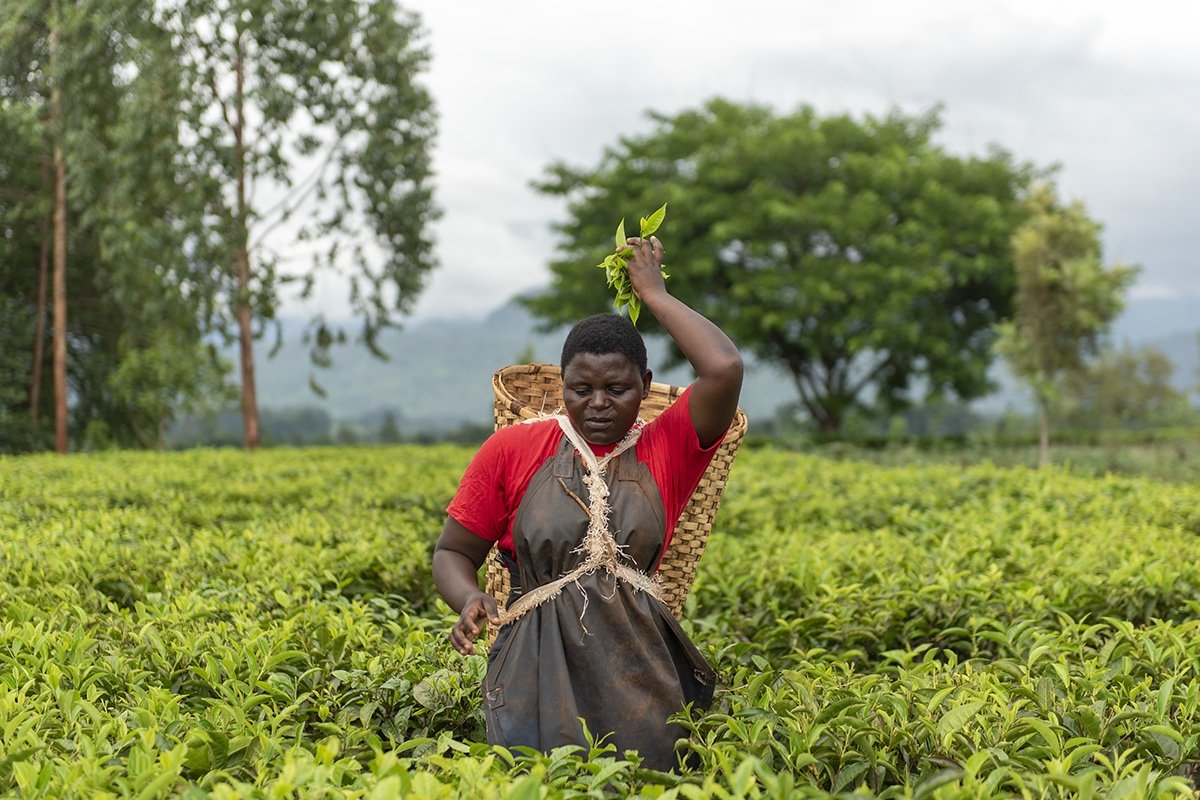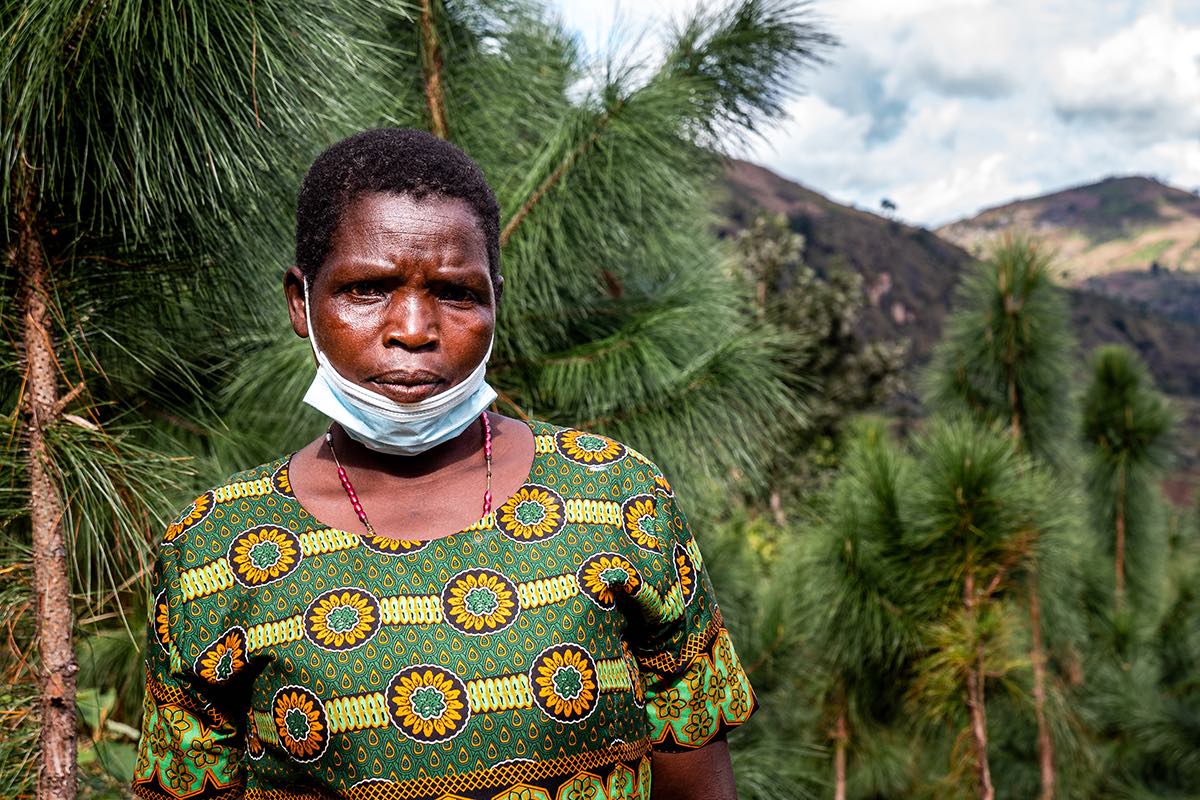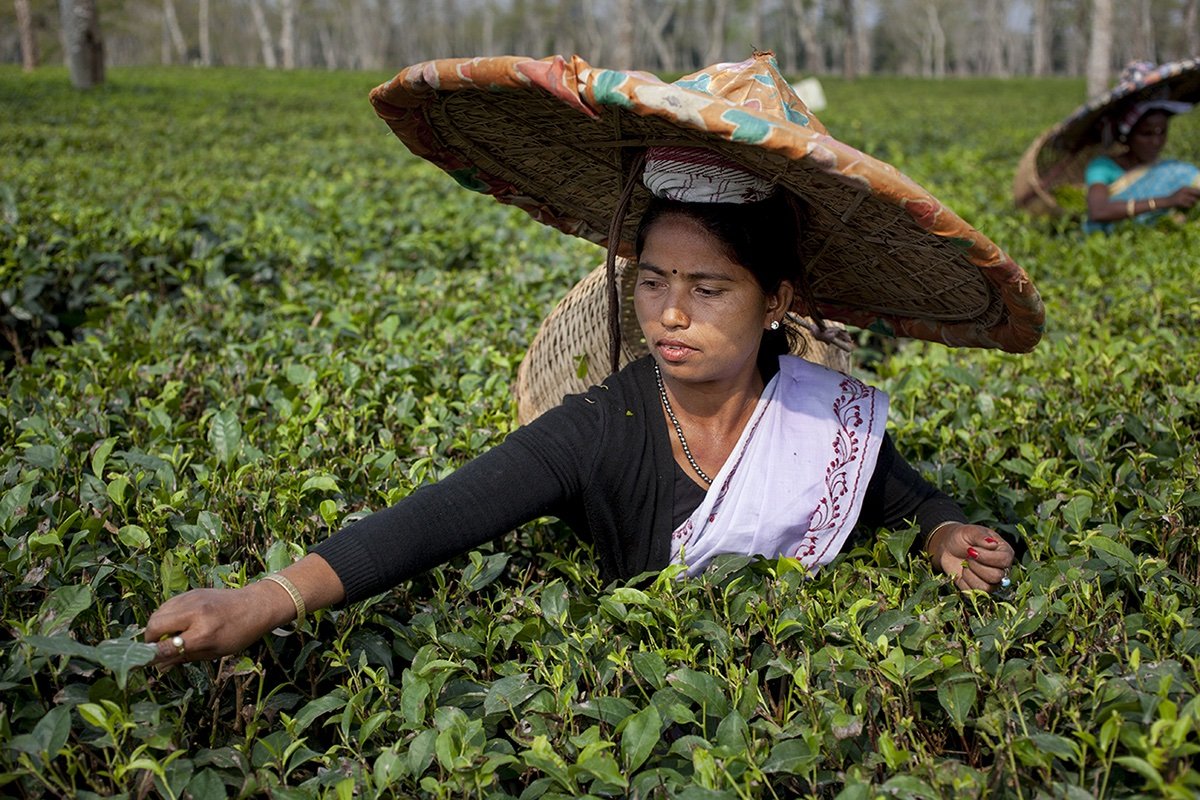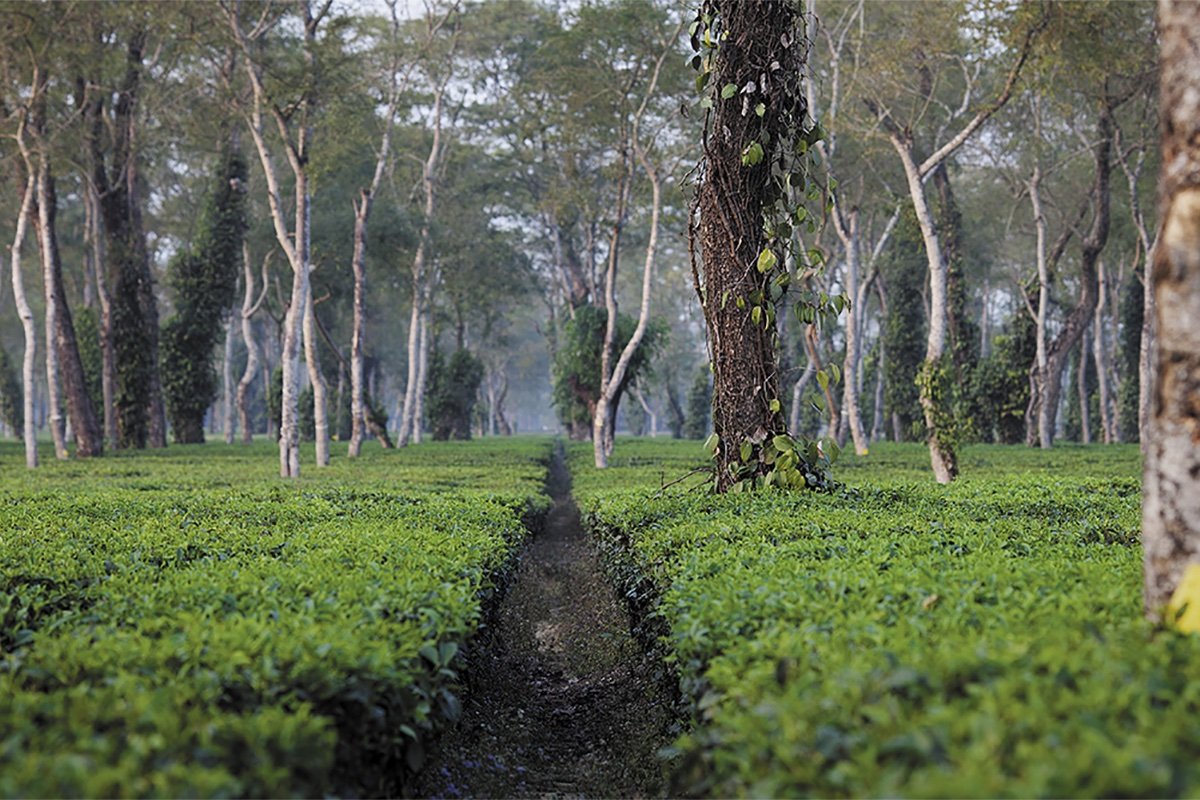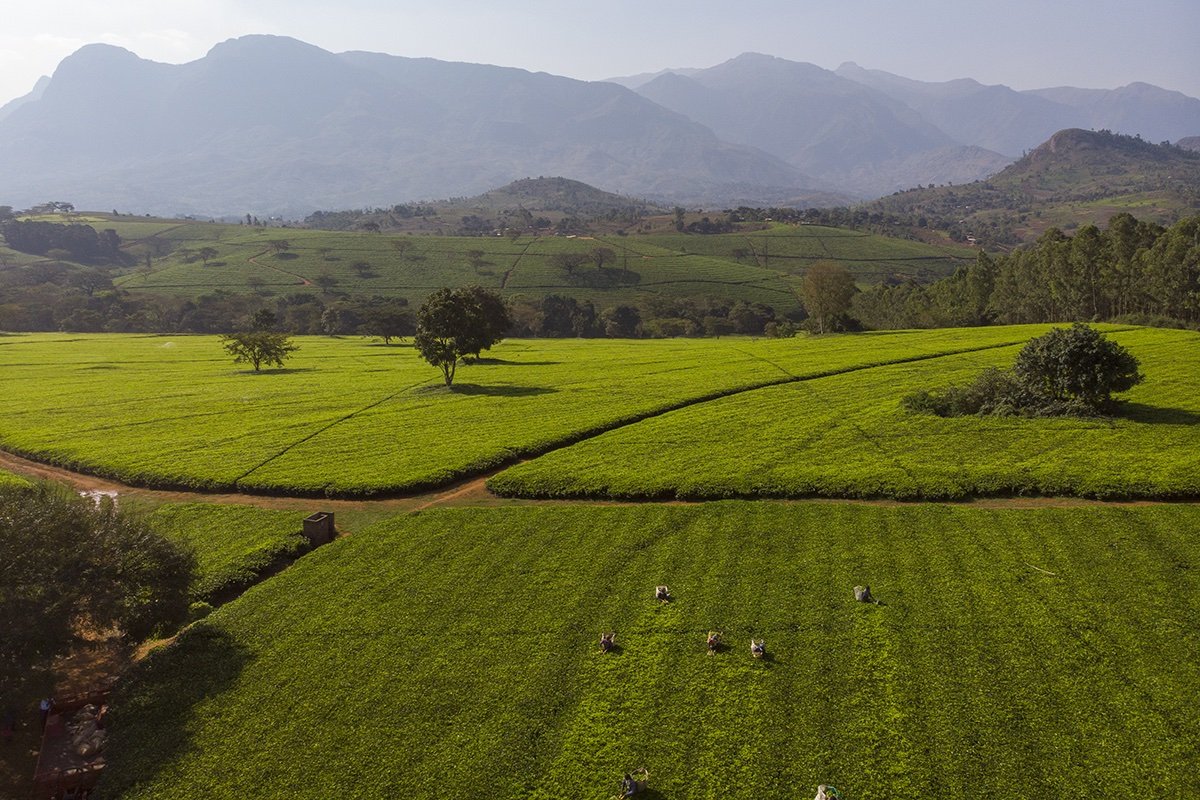While we need to make the tea industry more environmentally sustainable, we also need to make the tea industry more sustainable for those that rely on it to make a living. Tea is a commodity that commands low prices, and this means smallholder tea farmers suffer from poor working conditions, low wages, and discrimination in many tea growing regions. We must work across the tea supply chain to improve the economics of tea, but this isn’t a quick or easy process and will require time and investment.
3. A lot of ETP’s work is in parallel with the UN SDGs and other UN agencies. Can you talk about these partnerships, and how they help shape ETP’s mission?
Jenny: The Sustainable Developing Goals are fundamental for the future of tea, and we frequently evaluate our work to understand our contribution to the SDGs. When we map the footprint of tea against the SDGs, we can see that there is much work that needs to be done to make progress to reach all 17 SDG goals across all tea producing regions. The SDGs provide a common vernacular for many stakeholders to use together.
The Sustainable Developing Goals are fundamental for the future of tea, and we frequently evaluate our work to understand our contribution to the SDGs.
One example of the SDGs underpinning a partnership is our membership with the UN-based Better Than Cash Alliance.
We are working with the Alliance to research how digital payments in the tea sector can ignite faster progress towards the SDGs, specifically around gender equality.
4. What sort of work does ETP do on the ground with local communities to support ethical and sustainable partnerships?
Jenny: A lot of our work focuses on putting communities at the core of our programme and pilots, and we’re doing this in Malawi to help smallholder farmers diversify their income streams through the development of Village and Saving Loan Associations. We have over 400 of these groups set up across the country and they work to encourage group saving in a joint fund.
The VSLA model is successful because it encourages mutual accountability and trust amongst the members. Many members use loans for other business initiatives and group savings to buy shared plots of land or cattle. We are also able to offer training and educational workshops to strengthen the performance of the groups, we believe these groups will be truly sustainable once projects and programmes end.

